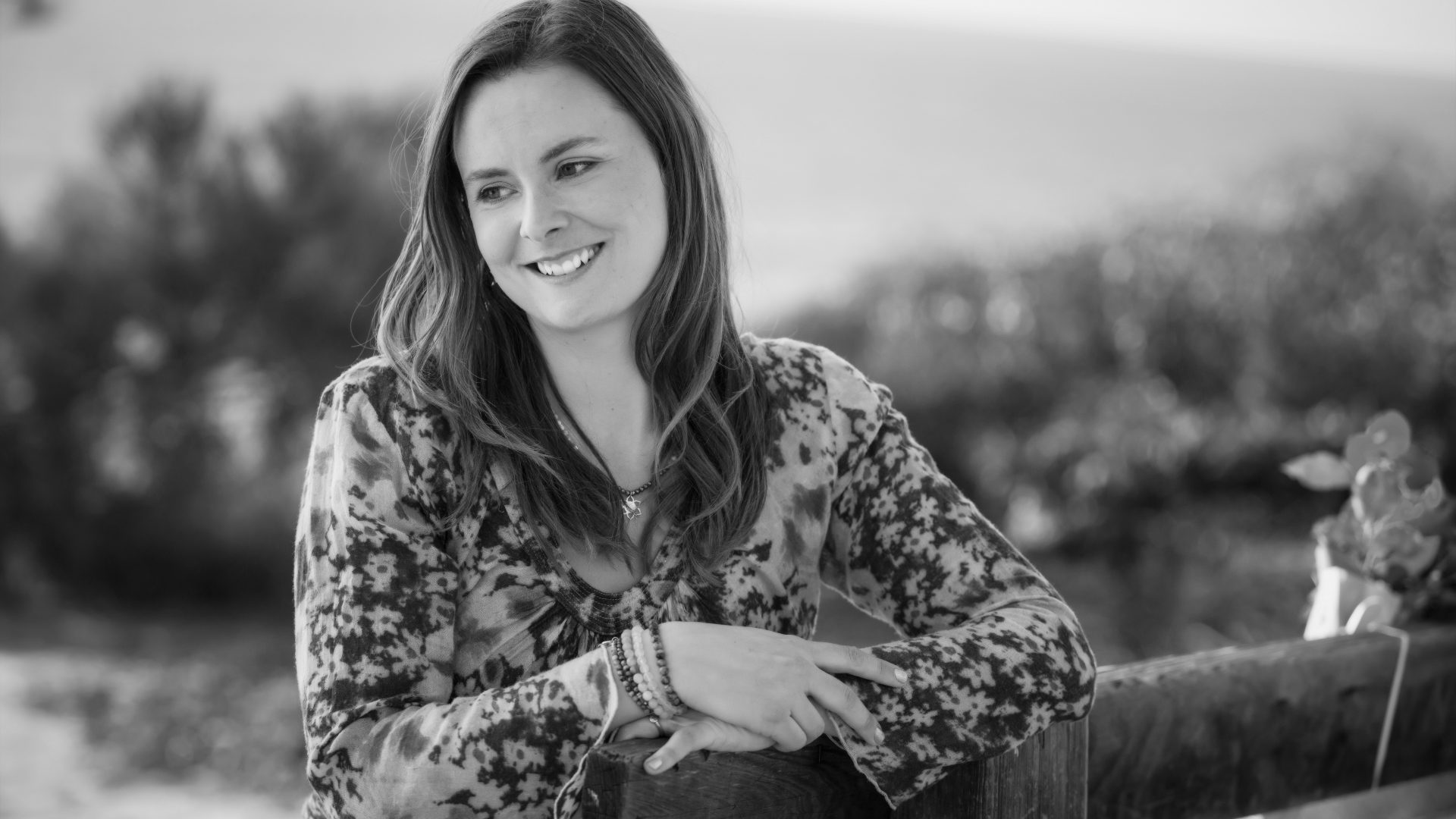– from one day to the next!
Article by journalist Maiken Buchwald
In 2001, Maria Juhl was living the mildly stressful life of a college student. She was heading for depression, had problems with her digestion, difficulty falling asleep at night and lacked zest for life when she woke in the morning.
From head to body
– I was always pushing myself to perform and had basically planned and was living a life that I didn’t like. I felt as though I was constantly backed into a corner with no chance of coming up for air. When I also developed trouble sleeping, I began to go to yoga. Despite the fact that I knew nothing about yoga, I had an idea that it might help. And, apart from yoga exercises, I also integrated the principles of Ayurveda into my life, and the two things literally changed my life from one day to the next. Moving my attention from my head to my body was life transforming. Suddenly, I could feel myself and thereby what was right for me in my life. And I could also feel that my body needed help.
Maria’s yoga teacher was knowledgeable in Ayurveda, and she explained to Maria about her particular constitution and that both her sleeping problems and constipation were caused by a Vata imbalance.
– Vata imbalance stems from an overactive nervous system – what we call stress. I discovered that Ayurveda contains some simple and logical tools that are very easy to incorporate and had a huge effect on my health.
The desire to share
Maria views yoga as one of Ayurveda’s many tools for cleansing, peace and harmony. But there are other tools, too, and she is keen to share what she knows.
– I’ve been passionate about sharing yoga, Ayurveda and meditation ever since then. That was also the reason why I decided to educate myself at the Indian-American doctor and Ayurvedic expert Deepak Chopra’s Center, in California, where yoga, meditation and Ayurveda are integrated.
Ayurveda originated in India and is said to be 5,000 years-old, and I’m fascinated by how useful it still is today. I think that no matter how sophisticated we become and however many apparently ”new” things we research and invent, we are fundamentally humans with a body and brain that haven’t evolved much since the dawn of time.
– Why do we believe that we need to reinvent the wheel over and over again when we can just immerse ourselves in the wisdom that is already available to us? Ayurveda means the Science of Life and it applies to the entirety of life – one tool, for example, is how you structure your day. That doesn’t need to involve any radical changes. Perhaps a simple thing such as getting up at 6 am instead of 7 am would be of great support to your balance. If we take away the name and country of origin, then Ayurveda is not something exotic but is, in fact, a logical and easily accessible science
What is at the core of Ayurveda?
– At the core of Ayurveda is understanding that we are an inseparable part of nature. That we understand and feel how nature’s elements work within us – that is what Ayurveda refers to as the doshas or body-mind constitutions. Everyone has a special constitution, and when we know ourselves better, we can maintain that balance or get a handle on the imbalance in its early stages, before it develops into disease. The Science of Life includes everything from diet, herbs, exercise, life’s rhythms, emotions, and human spirituality.
Can you pick and choose between the tools?
– Yes, the beauty of Ayurveda is that you can always go deeper, but even if you only integrate one thing, it will still have a positive effect on your life. Once you learn your own constitution and make small lifestyle adjustments, suddenly you will clearly feel what is good for you in other contexts, too. It’s always good to start small – don’t try to change everything at once – that way it’s more manageable and will be more sustainable in the long run.
You’re very busy adapting Ayurveda for our Nordic lifestyle and you’re also writing a book from that perspective…
– Yes, people within Nordic culture have some distinguishing characteristics. The environment and history plays a role in our body-mind constitution and the obvious imbalances – are, thereby, the roads to balance. My book is called “Live more – Struggle Less” and it’s based on some features that are evident in our society, especially the need to perform and get results, as well as how rapidly everything has to happen and develop which stem from the doshas, which Ayurveda calls Pitta and Vata. When we live under this pressure, our nervous system becomes easily imbalanced, and it can lead to a wide range of health consequences under the headings of ”stress” and ”burnout”.
In the book, I give my take on the healing of these imbalances and talk about Ayurveda in a comprehensible way (the books will be published in English end of 2019).

